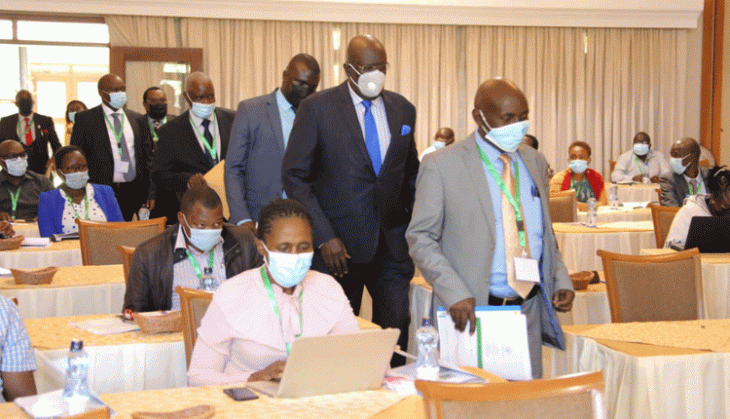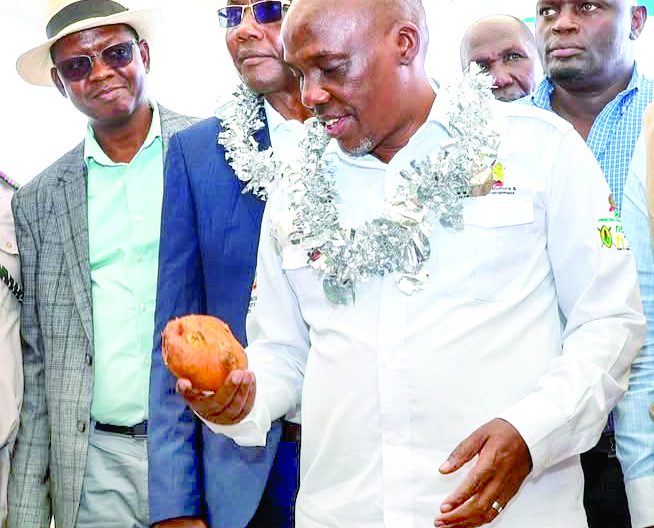Parents to pay dearly for school riots

Parents will take full responsibility for school property destroyed by students during the wave of unrest that gripped the country in the recent past, Education Cabinet Secretary Prof George Magoha warned yesterday.
Magoha said the government will not rebuild school infrastructure destroyed by rioting students and would pass the burden of putting up new ones to parents.
He said parents will also carry the burden of repairing damaged school property while students involved in unrest will face the full force of the law.
“The government will not contribute a penny towards the damages caused in the unrest,” said Magoha after attending the annual national biosafety authority conference in Naivasha.
As he castigated the vice, Magoha insisted that parents should have time to guide their school going children as opposed to neglecting them.
He blamed parents for the widespread unrest in secondary schools in the country, saying they have been treating their children like “eggs”.
In the last couple of weeks, a number of schools have been closed indefinitely after students turned violent burning dormitories and classes.
He said the hastily introduced mid-term was meant to give students time to “cool down.”
Mentoring children
Both primary and secondary schools are expected to take a mid-term break from November 19 till 23.
“Parents have failed in their responsibility of mentoring their children leading to the current crisis which has also been contributed to by some syndicates,” he said.
Magoha stated that the full responsibility of repairing damages caused by students will be wholly carried by the parents who are currently overburdened with school fees.
He, however, downplayed the ongoing unrest in secondary schools, noting that the trend started back in 2015 and the ministry was still in the dark over the cause.
During the conference, Magoha challenged the biosafety authority to assist in addressing food insecurity in the country, noting that the debate on Genetically Modified Organisms (GMOs) food had been overshadowed by “fake” information.
He wondered why the country was importing maize, potatoes and rice yet it had capacity to grow them locally.
“GMOs foods are not a death sentence and it’s time we engaged the public that they are fit for human consumption,” he said.
He also wondered why the price of livestock feeds in the country were higher compared to neighbouring countries.
“It’s sad that at this age and time we have to import potatoes from Egypt and rice from Pakistan despite the high potential in the country,” he lamented.
The chairman of the National Biosafety Authority, Dr Joseph Chavutia, noted that they had made several achievements in addressing food security in the country.










